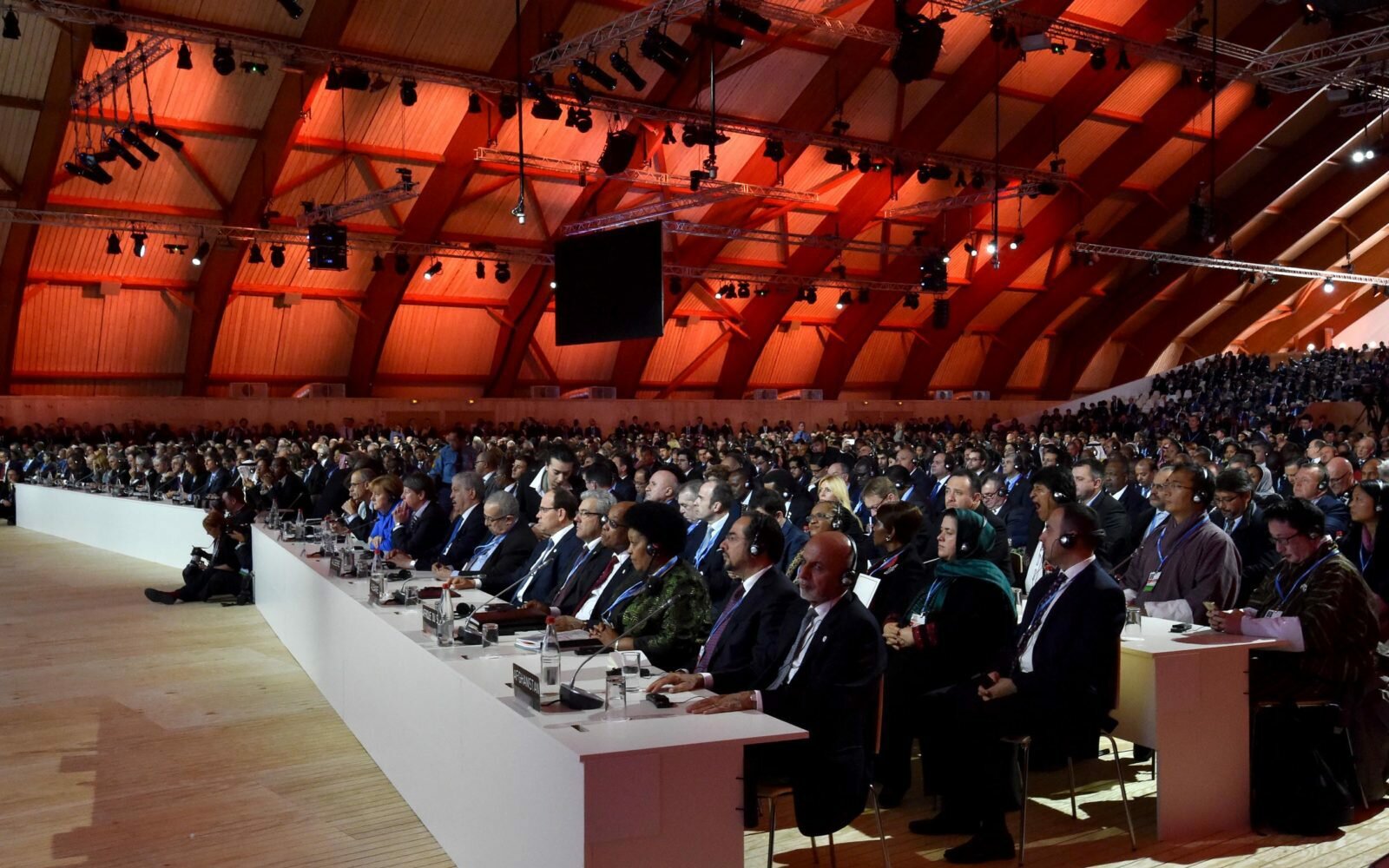Can we provide energy to all without hastening climate change?
While many believe that providing energy to the world’s poorest is impossible without further frying the planet, a growing subset of energy experts argue that providing the most basic level of access has negligible effects on climate change.

Imagine you are visiting Earth for the first time at this particular point in history.
Long before you had the chance to meet earth’s inhabitants, you were intrigued by tales of their technological ingenuity. The stories tell of a species with the capability to scratch the edges of the solar system. (Indeed, in 2014 NASA’s spacecraft New Horizons projected photos three billion miles away back to Earth, revealing features smaller than half a city block on Pluto’s surface.)
Your first stop is COP 21, the 2015 UN Paris Climate Conference. What better place to marvel at the human race’s ingenuity than at a gathering of 25,000 official delegates coming together to plan humanity’s future?
Now imagine your shock when you learn of the challenges on the agenda. Entire nations of people are facing relocation because of sea-level rise; the ocean is slowly submerging island countries like Kiribati. Experts anticipate record heat waves — like the one that killed 55,000 people in Russia — to occur more frequently in the future. Cities are spending billions on emergency measures to protect themselves from storm-surge flooding hospitals, subways and public housing. And to top it all off, one-third of all species are at risk of extinction.
You wonder: How could a species with such technological capability find itself at such a crisis point?
As COP 21 highlighted, the climate change dilemma makes clear that we, collectively, need to limit emission-spewing activity if we hope to avoid further catastrophe. The current goal, confirmed at COP 21, is to limit further warming of the earth to two degrees Celsius. If the climate warms beyond this point, the world’s top scientists predict the above-mentioned threats are likely to become substantially more devastating.
In effect, countries are trapped with the perverse incentive to grow their economies using the cheapest but dirtiest resources available — fossil fuels.
Despite these challenges, providing energy to all people doesn’t have to hinder progress on climate change, says Hisham Zerriffi, a professor at the Liu Institute for Global Studies at the University of British Columbia. Zerriffi argues that immediate energy access needs — for example, lighting and powering small appliances — should be considered separately from economic development.
He found that meeting these basic needs would have negligible climate change impacts, even if we were to accomplish this by using the dirtiest technologies from a climate perspective, like diesel generators and petroleum-based stoves. Explore the below calculator to see the impact on emissions of providing basic electricity to all.
Is universal access to electricity possible?
But critics like the Breakthrough Institute call this “a vision of, at best, charity for the world’s poor.” They argue that providing basic lighting and small appliances won’t lead to the transformational changes we need to help billions climb out of poverty.
It’s a chicken-or-egg dilemma. No model exists to catalyze the systemic, transformational change needed to enable the world’s poorest to climb out of poverty and stay there (ie. teach a man to fish) without climate implications. But, in the meantime, billions languish without a reliable way to feed their families, access health care or participate in education.
Morgan Bazilian and Roger Pielke Jr. believe the tension lies in who has the right to burn carbon. They point out that the UN’s definition of energy access at the lowest threshold is only 0.5 percent of what is consumed by the average American or Swede. These are unethical standards for the wealthy to impose on the poor, they conclude.
“Of course, you want to eliminate poverty,” responds Pachauri, who served on the Executive Committee of the Global Energy Assessment. “But at the end of the day, it's not just about eliminating poverty, it’s about having a decent standard of living.”
GET INVOLVED
We'd love to hear your story. How are you impacted by the issues we're reporting on? What solutions do you see? Who is inspiring you? Get in touch.
